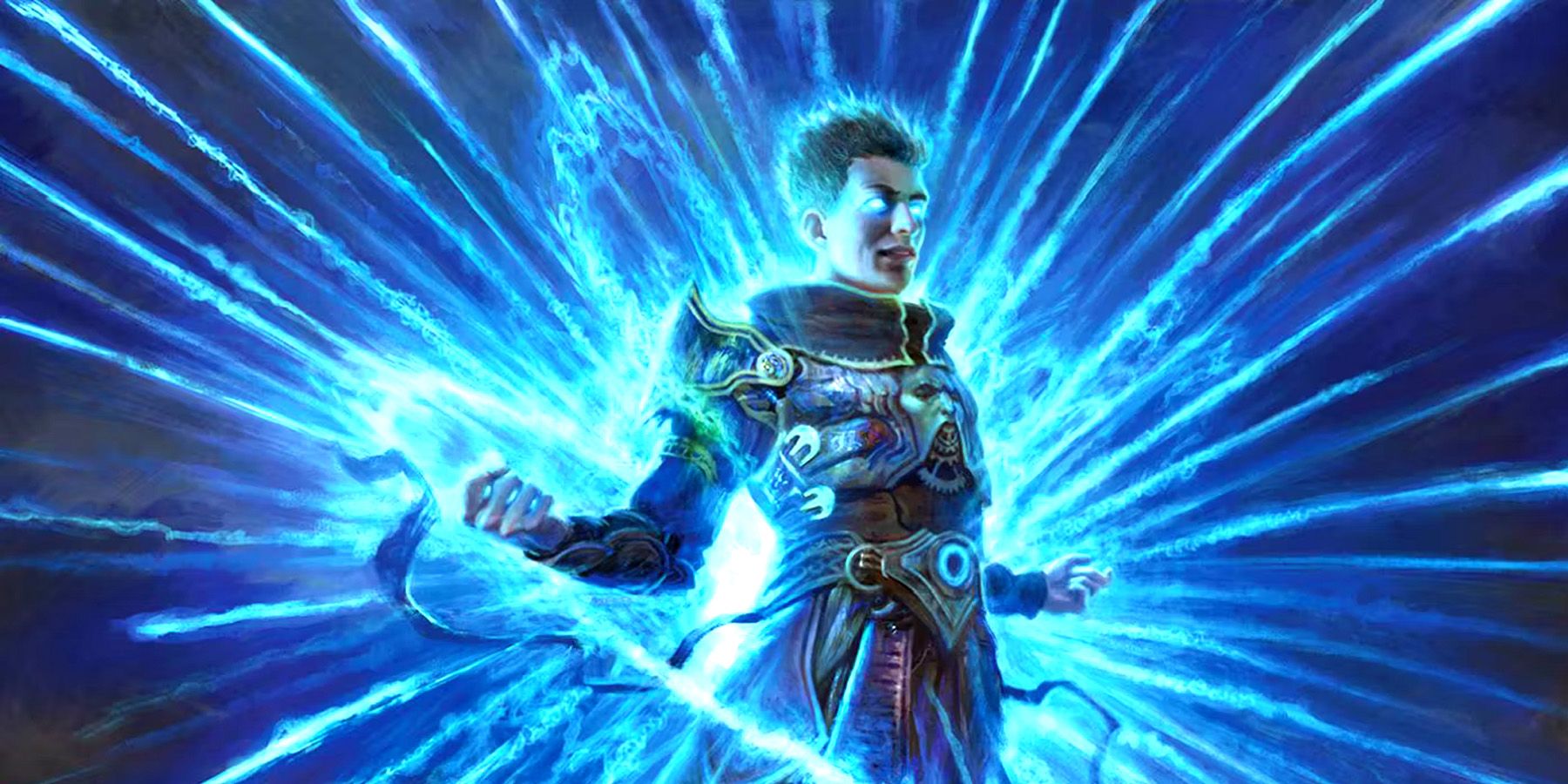Counterspell is a significant shutdown technique in Dungeons & Dragons, but the latest Unearthed Arcana playtest has made changes to make it less frustrating to deal with. Unearthed Arcana, named after a 1985 rules expansion book by Gary Gygax, allows DnD publisher Wizards of the Coast to test changes to the game without committing to official book overhauls. The current Unearthed Arcana playtests are leading up to the 2024 release of One DnD, which will officially implement successful overhauls to DnD 5e.
The most recent Unearthed Arcana batch, known as Playtest 7, introduces major changes to DnD classes and subclasses. Alongside these alterations, there is also an interesting overhaul of the effects of counterspell in DnD. This 3rd-level spell allows players to stop an enemy from casting a spell, traditionally confirmed by an ability check based on the spell’s level. A successful counterspell can use a low-to-mid-level spell slot to shut down high-level spells, with the opponent still losing their spell slot.
The Unearthed Arcana Playtest 7 changes to counterspell fundamentally alter it in a couple of ways. One significant change is that a spellcaster on the receiving end of a counterspell will no longer waste the spell slot they were attempting to use. While the caster still loses their action, this is a smaller blow compared to losing a high-level spell slot. Additionally, the character or enemy being countered now makes a Constitution save instead of an ability check.
Related: 7 Best DnD OP Character Builds You Probably Haven’t Tried Yet
Counterspell has always worked as an interruption of spellcasting, and the new approach reflects this more accurately. If the spell is never cast, there is no reason for it to expend the spell slot, only wasting the action of the caster. The switch to a Constitution save also focuses on the level of the spellcaster rather than the level of the spell, which is more relevant to the situation.
2023-09-09 22:24:03
Source from screenrant.com
rnrn
